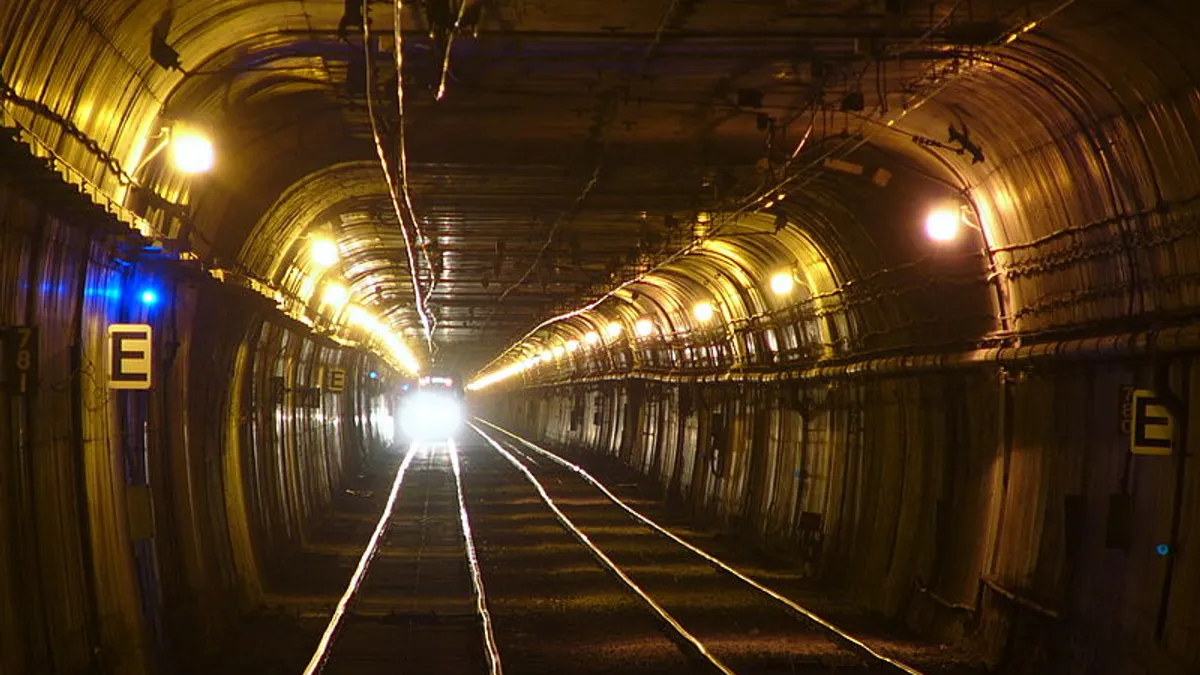Dive Brief:
- San Francisco Municipal Transportation Agency officials have promised, according to the San Francisco Chronicle, that they will make background checks into contractors that want to do business with the city more robust following the death of a signal technician employed by Shimmick Construction who had been working on the $40.9 million Twin Peaks Tunnel Improvement project. The agency awarded the contract for the project to the Shimmick/Con-Quest Joint Venture in February.
- As part of the agency bidding and contracting process, construction companies are required to complete a pre-bid questionnaire that asks if they have been cited by Cal-OSHA for any serious and willful citations in the previous 10 years. Shimmick allegedly responded "no" to that question, and a Shimmick representative told the Chronicle that its answers on the city's questionnaire were accurate. An analysis of Cal-OSHA records by the Chronicle, however, revealed that the company had received multiple safety violation citations in that period of time, many of which the company is protesting, including one involving a November 2016 death and an excavation-related incident for which the company received a serious/willful citation.
- The increased scrutiny of contractors and their histories comes at the order of San Francisco Mayor London Breed who called for a "better system of checks and balances" when hiring contractors to perform on large city contracts. Agency spokesman Paul Rose told the Chronicle the SFMTA expected the Twin Peaks project to be completed on time and that it still planned to use Shimmick on future agency projects. The San Francisco Examiner yesterday reported that SFMTA Director Ed Reiskin reportedly defended the agency's choice of contractor, calling Shimmick reputable.
Dive Insight:
States and municipalities typically require contractors to fill out a mountain of paperwork, but construction companies presenting false information on questionnaires or other qualification statements risk being debarred from doing business with an agency that determines they intentionally gave false answers or misrepresented mandatory qualifications having to do with elements of their businesses like work experience or financial capacity.
At the federal level, questions about a contractor's prior safety record were part of the now-repealed Fair Pay and Safe Workplaces Act, which mandated disclosure of this information from many contractors pursuing federal work. The construction industry, with the exception of unions and other labor groups, came out against the Obama-era rule complaining that the new regulation would be too costly for small contractors, was a violation of First Amendment rights and would force contractors to include citations that were in the protest phase or that they had successfully appealed.
Both the U.S. House and Senate voted to repeal the act on March 6, 2017, and President Donald Trump signed it soon thereafter.












